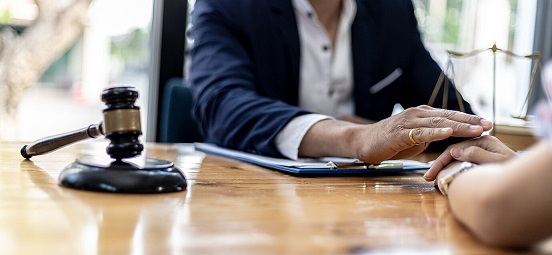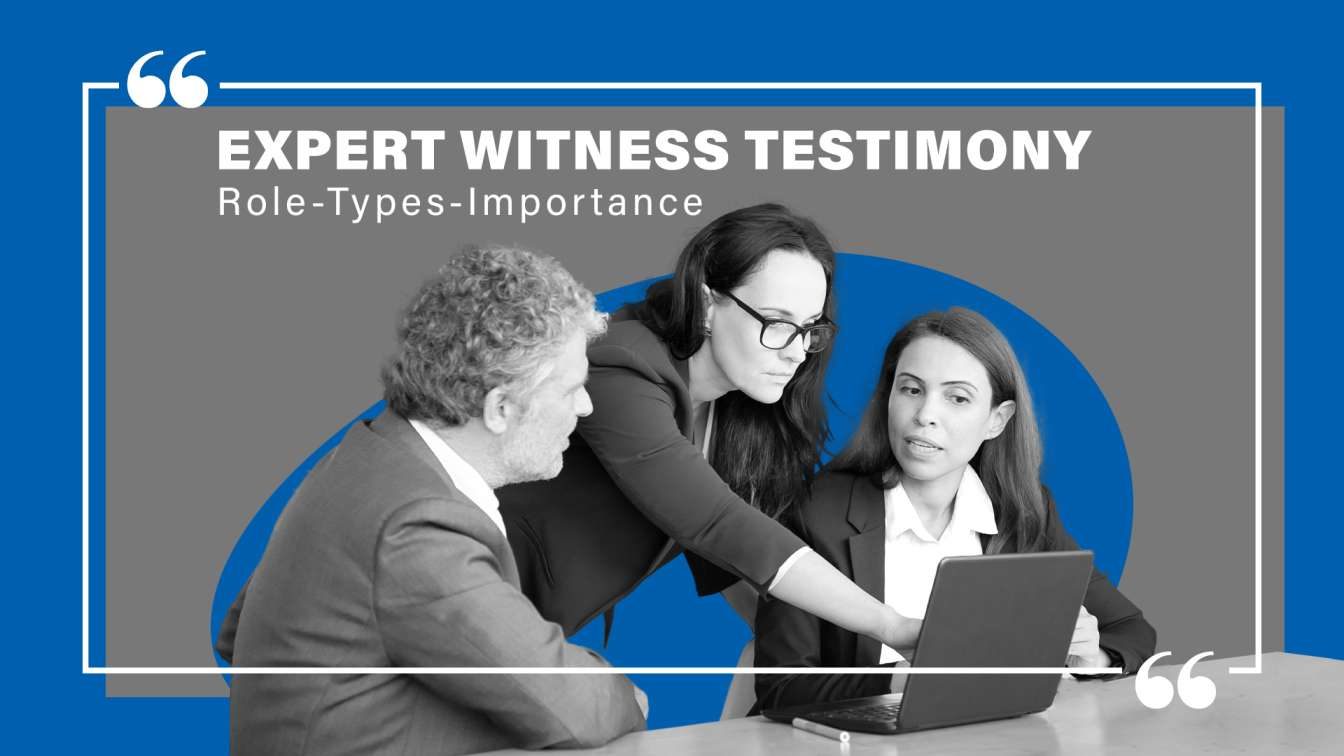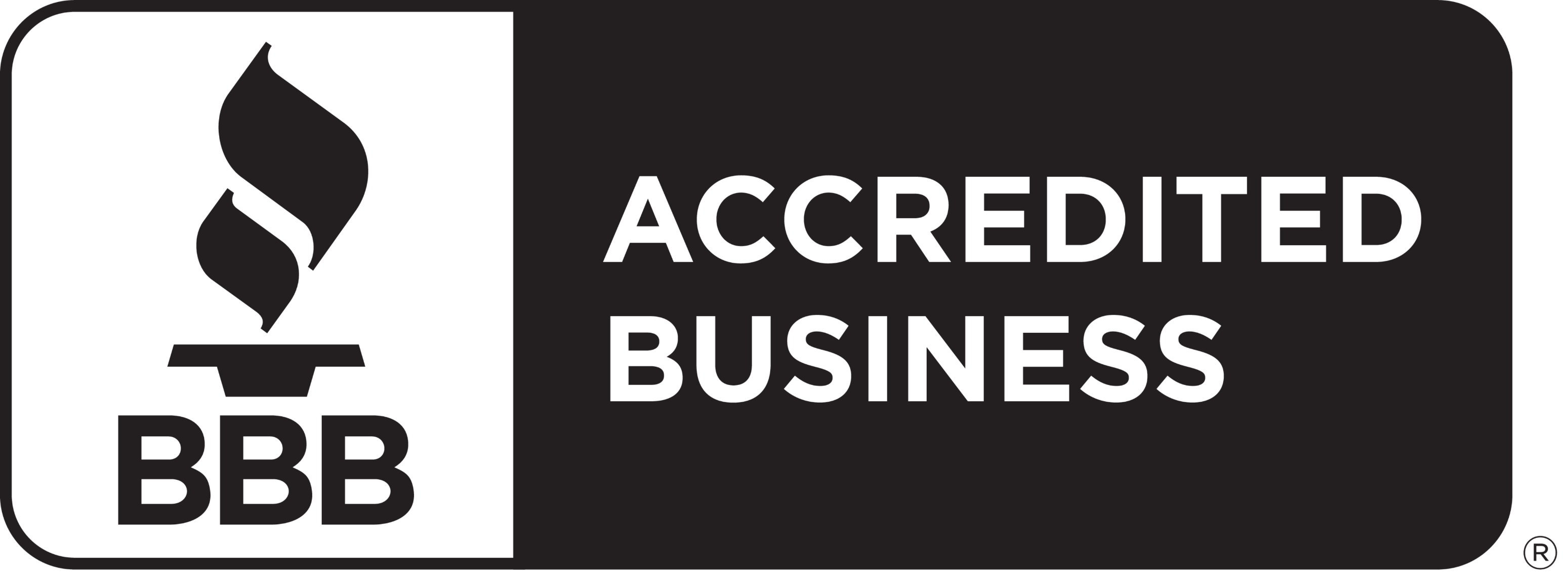Overview
- The importance of expert witness testimony, including legal standards and admissibility criteria.
- Qualifications, credibility factors, and ethical considerations in expert testimony.
- How expert testimony influences judicial decisions.
Introduction
Expert witness testimony fulfills a critical role in courts by providing courts the necessary specialized knowledge to analyze and draw conclusions about evidence or testimony concerning complex matters. An expert, for instance, analyzes evidence, offers opinions, and assists jurors in understanding technical subjects.
For a court to analyze evidence and offer professional opinions toward the aiding of judicial decisions, expert witness testimony allows such an appraisal to be made about complex matters.

What is an Expert Witness Testimony?
Definition
Expert witness testimony refers to those opinions offered by professionals in their respective fields to elucidate on complex matters pertaining to a legal case. Unlike lay witnesses, it is the professionals’ knowledge that is the basis of said expert witnesses’ testimony, as opposed to the personal experience basis for lay witnesses.
Purpose
Expert witness testimony plays a crucial role in legal proceedings by clarifying complex technical, scientific, or specialized subjects that may be beyond the understanding of judges and jurors. By providing professional insights, expert witnesses help strengthen legal arguments, interpret evidence, and support factual claims in both civil and criminal cases. Their testimony ensures that informed and accurate decisions are made based on specialized knowledge.
Legal Definition
An expert has to be an expert witness according to certain legal standards of qualifications set forth, such as the Daubert or Frye standards. Courts weigh qualifications based on educational background, work experience, and credibility.
What Are the Legal Standards for Admissibility of Expert Witness Testimony?
Legal Standards
- Daubert Standard: Requires judges to assess the reliability and relevance of expert testimony.
- Frye Standard: Accepts testimony based on general acceptance within the relevant scientific community.
- Federal Rules of Evidence (Rule 702): Defines admissibility criteria based on an expert’s qualifications and the reliability of their methodology.
FS: The Daubert Standard ensures expert testimony is based on reliable, scientific methods, while the Frye Standard requires general acceptance in the field.
Frye Standard vs. Daubert Standard
- Daubert emphasizes scientific validity and judicial gatekeeping.
- Frye relies on general acceptance within the field.
- The U.S. federal system follows Daubert, while some states still use Frye.
Key Legal Precedents
- Daubert v. Merrell Dow Pharmaceuticals (1993)—Established the Daubert Standard.
- General Electric Co. v. Joiner (1997)—Gave judges authority to exclude unreliable expert testimony.
- Kumho Tire Co. v. Carmichael (1999) – Expanded Daubert to all expert testimony.
- Frye v. United States (1923)—Introduced the Frye Standard.
Find Qualified Economic Expert Witnesses for Your Case
Contact us today to find the expert you need for your case!
What Is the Role of an Expert Witness in Legal Cases?
Primary Duties
Expert witnesses play a crucial role in legal proceedings by providing specialized knowledge to assist the court in understanding complex matters. Their primary responsibilities include:
- Analyzing evidence: Experts examine case materials, conduct research, and apply their specialized knowledge to assess the facts presented.
- Providing objective opinions: They must offer impartial, fact-based interpretations of technical or scientific information relevant to the case.
- Preparing expert reports: Experts compile their findings into detailed reports that outline their methodologies, conclusions, and the rationale behind their opinions.
- Testifying in court: As key witnesses, they present their expert opinions in court, often explaining technical concepts in a way that judges and jurors can understand.
Additional Insights
- Expert Witness vs. Lay Witness: Lay witnesses recount observations; expert witnesses provide specialized interpretations.
- Influence on Case Outcomes: Expert testimony can be pivotal in shaping verdicts.
- Ethical Considerations: Experts must remain unbiased and transparent about their opinions.
Source: Freepik
What Are the Different Types of Expert Witnesses?
Expert witnesses come from various fields and specialize in different areas of expertise. Their testimony helps clarify complex technical, scientific, or professional matters in legal cases. Below are some common types of expert witnesses:
Industry Overview
Expert witnesses specialize in different fields based on the nature of the case. Common areas include:
Unordered List:
- Medical Expert Witnesses: Provide testimony in personal injury and malpractice cases.
- Forensic Expert Witnesses: Help in criminal and civil investigations.
- Engineering Expert Witnesses: Assess structural failures, accidents, and product defects.
- Financial Expert Witnesses: Examine fraud, business disputes, and economic damages.
- Legal Expert Witnesses: Offer insights into legal ethics and judicial processes.
What Are the Formats of Expert Testimony?
Methods of Presentation
Expert testimony can be presented in different ways depending on the case.
Listing:
- Oral Testimony: Delivered live in court, allowing cross-examination.
- Written Reports: Submitted as official documentation for legal review.
- Testifying Experts: Present findings in court.
- Consulting Experts: Advise legal teams without testifying.
Both oral and written testimony play crucial roles in court proceedings, each serving distinct functions.
Source: Pexel
What Are the Two Types of Evidence in Legal Proceedings?
- Direct Evidence: Directly proves a fact (e.g., eyewitness testimony, video footage).
- Circumstantial Evidence: Requires inference (e.g., forensic analysis, financial records).

Picture Credits: Freepik
Who Qualifies as an Expert Witness?
Criteria for Recognition
- Extensive knowledge, experience, and credentials in a specific field.
- Courts assess an expert’s credibility based on education, publications, and past testimony.
Disqualification Factors
- Bias, conflict of interest, or lack of relevant expertise can disqualify an expert.
Checklist: Finding an Expert Witness
- Verify credentials and previous testimony experience.
- Assess relevance to the case.
Expert Witness Services and Compensation
Hiring Process
- Experts can be hired directly by attorneys or through agencies specializing in expert witness services.
Fee Structures
Table Definition: Expert witness compensation varies by payment structure.
| Fee Type | Description |
| Hourly Rates | Charged for consultation, research, and testimony |
| Flat Fees | Fixed changes for services |
| Contingency Fees | Less common due to ethical concerns |
Ethical Considerations
- Experts must avoid conflicts of interest and ensure fair compensation practices.
Conclusion
Expert witnesses play a crucial role in legal cases by providing specialized insights that help courts interpret complex evidence. Their credibility depends on qualifications, experience, and adherence to legal standards. Expert testimony can significantly influence case outcomes by clarifying facts and supporting legal arguments. Maintaining objectivity and ethical integrity ensures their testimony remains fair and reliable in judicial decisions.
Frequently Asked Questions
1. What is the difference between a fact witness and an expert witness?
Fact witnesses provide firsthand accounts, while expert witnesses offer professional opinions based on expertise.
2. What qualifications are required to be an expert witness?
Courts assess experience, education, and professional credibility.
3. Can an expert witness be disqualified?
Yes, if found biased, lacking expertise, or having conflicts of interest.
4. What is the most commonly used standard for expert testimony in U.S. courts?
The Daubert Standard is widely used in federal and many state courts.
5. Do expert witnesses always testify in court?
No, some serve as consulting experts without testifying.
Contact us today to find the expert you need for your case!
Get in touch with us for a free consultation today!
















Comments are closed.